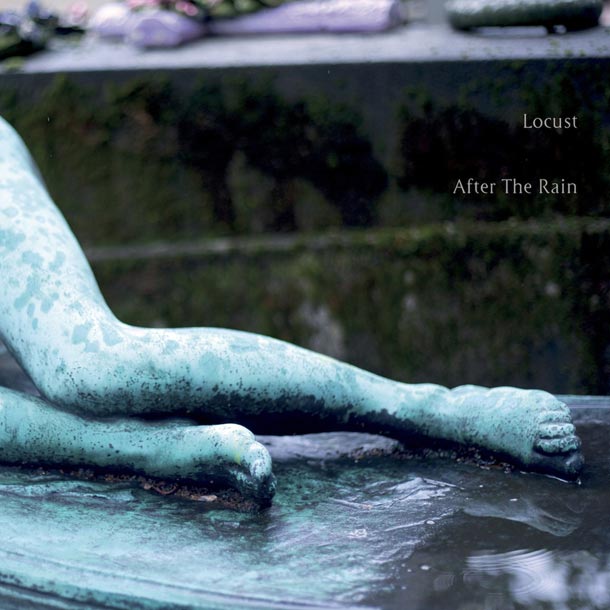LOCUST, After The Rain

Perché quest’album di Locust è bellissimo per me? C’entra l’effetto nostalgia. Nemmeno, forse: è come il lontano ricordo della musica elettronica che sentivo quand’ero piccolo e che non ho mai più ascoltato in quel modo, senza disincanto e nell’ignoranza migliore che possa esserci, provando anche una strizza inspiegabile quando la RAI usava “Magnetic Fields” come sigla di “Appuntamento al cinema”. Sono anni di revival feroce di questi suoni, solo che a volte – nonostante l’inflazione – scatta la magia, anche se è giusto ricordare che non proprio tutto è casuale, in quanto dietro a Locust, aiutato da Louis Sherman, c’è Mark Van Hoen, uno che, Seefeel a parte, nel campo possiede un’esperienza enorme. Si parla insomma di ambient vecchia scuola (con qualche battito), di un disco realizzato con sintetizzatori modulari, tocchi minimali di piano, campionamenti di soavi voci femminili: si galleggia, interminabilmente, su di una superficie composta a metà da beatitudine e a metà da malinconia. C’è chi c’ha sentito i tedeschi (Cluster, ad esempio), io ci metterei Brian Eno, da sempre influenza dichiarata di Van Hoen, persino l’Eno di Before And After Science. C’è addirittura chi è andato qui dentro a cercare (eccolo di nuovo) Jarre e Vangelis, ma poco conta: qualcuno potrebbe bollare After The Rain come un furbo esercizio di stile, ma qualcun altro – spero la maggioranza – lo vedrà come un lavoro comunque sincero e spontaneo, impossibile da non avere.
